
The Post Secondary Transition Podcast
A podcast focused on the ins and outs (and everything in between) of the secondary transition process for families of students with disabilities! Hosts Meghan (Smallwood) and Patrick (Cadigan) serve as supportive guides, leading families step-by-step up each rung of the transition ladder.
Also check out our parent website: https://www.postsecondarytransition.com
The Post Secondary Transition Podcast
031. Hard Transition Discussions That Are Important
This week, host's Meghan and Patrick discuss some of the topics that prove challenging to parents of students with disabilities. They cover moving students from the diploma-bound track to certificate, making long term goals that lead to uncomfortable truths, and some of the mundane transitions that families experience.
Episode Keywords:
conversations, families, parents, transition, diploma, hard discussions, disabilities, students, opportunities, certificate, focus, process, resources, viewpoints
Links:
Well That's Helpful: The Accessible Stall (site).
Download a transcript of the episode here.
To download a copy of a transcript for this episode or any of our previous conversations, click here.
Also visit our Podcast webpage to find links to all of our other discussions; go to www.p2transition.com.
Additional information about post-secondary transition can be found at our website.
The Post-Secondary Transition Podcast Facebook page.
Visit our YouTube Channel to find additional video resources.
Intro/Outro music by AudioCoffee from Pixabay.
Transition music by Joseph McDade from Transistor.
Navigating the post secondary transition process for students with disabilities will be both challenging and believe it or not exciting. As your child and your family approach this chapter of their life and journey, it's essential to understand the intricacies of this transition. This process encompasses a range of decisions, from selecting agencies or vocational programs to securing necessary accommodations, and preparing for the demands of adulthood. In our discussions, we're working to provide families with valuable insights and resources to help you support your young adults successful transition, ensuring you have the tools and opportunities they need to thrive in their chosen path while managing the unique considerations that come with disabilities.
Patrick Cadigan:And hello, hello, hello, we are here for the Post Secondary Transition podcast where we have these conversations. My name is Patrick Cadigan. And I do have a co host. And who would that be?
Meghan Smallwood:I am Meghan Smallwood, and I'm a public school transition coordinator.
Patrick Cadigan:All right, and we're back for another one. Here we go.
Meghan Smallwood:We are and I think it's an important one. And one that kind of came up out of I don't want to say out of thin air, but you know, just after discussions with people this past week, actually, and Patrick and I were talking and we're like, you know what, this is important. And I know it's important to you, because you work with the middle school population, and families and students who are just starting that transition journey. So you get it.
Patrick Cadigan:I do, I do. And so where we're going to start this discussion is, it is certainly a discussion that gives a lot of families angst. But we wanted to, we wanted to start out by talking about having the conversation around making the change from recognizing that you're that families want their children to go to school, and graduate with a high school diploma, or making the decision to remove them from the diploma-bound track and have them go into the certificate track.
Meghan Smallwood:Right. And I think that's just one of the many things that came up like that, or it's a hard fact, it's, it's hard to talk about, you know, I mean, just talking from other parents, and I know, with my own experience with my sister, you start out even before your child's born having this plan of, they're gonna go to school, and they might go to college, and they're gonna have a job, and all of a sudden, you know, life happens. And now it's changed. And I think that discussion of diploma versus certificate, especially, I think, in our county, too, it just seems so black and white, when it's not, you know, there's so much room for gray area in between it. And I think there's kind of that misnomer by parents that they don't, they don't realize that it can be very individualized and they can still have such a say in it.
Patrick Cadigan:Let's start off then by talking, by addressing one of the myths. Typically, the conversations that I have had with parents who are starting that journey of moving from diploma-bound to non diploma-bound. Their biggest fear is that simply by being removed from curriculum-based instruction translates to they are not, they are no longer going to receive an education.
Meghan Smallwood:Right, exactly. And if you switch from the diploma to certificate, you're automatically shoved in a corner, in you know, a self-contained class all day, every day, no connection to your, you know, stare regular peers. And that is not the case at all. Parents just need to, at a younger age, understand that it's okay to accept who they are, and if the path is not going to be a diploma. Because I know from my experience, I've seen a lot of students who have remained on that path for so long. And it was just the pressure and the stress of trying to perform to something that literally was not a good match for them. You know, it didn't really benefit them.
Patrick Cadigan:And one of the things that I'm gonna throw out there being the middle school teacher and again, this is a this is a this is a hard topic to discuss. Because...
Meghan Smallwood:It is. I'm not trying to tread lightly, but at the same time, it's like you want to be as brutally honest.
Patrick Cadigan:Yeah. The conversations that I've had with parents around this topic, typically start with, it is their decision. No one is going to, no one wants to force them into it. And I will be honest, it's one of those things where even with discussion with other teachers at at my level, right, like, you know, I've had those conversations before, where someone was like, Oh, well, you know, that student is, you know, is going to be non diploma-bound. Right. So, you know, we can just do this and this and this. But at the end of the day, the parents ultimately have to agree to it. And it is a process, like, it's not just something that's going to happen overnight. And it is, it is something that can be considered and discussed, and you don't, you don't have to do it. I will remember one of the parents that I had worked with a couple of years ago, in, so her, her son has down syndrome. And she had shared with me later on that one of her biggest frustrations was as she felt like the school system had, would really like pushed for her son to be removed from the diploma track at 5th grade. And it was interesting, because she said that I didn't necessarily disagree with it, but I just couldn't figure out why it had to be right then in there. And, you know, ultimately, by the time that my student went from, you know, middle school into high school, again, that that transition that they ultimately made, made a lot of sense. But, you know, it definitely was a, It definitely was a topic of frustration for her. And I have always kept that in the back of my mind.
Meghan Smallwood:Yeah, and I think one frustration I see from a lot of the teachers at the high school level, who, you know, looking at the student as a whole, if a student comes up, and is still on the diploma, diploma track, and we know that there are gaps, and you know, areas that they really need more support in, aside from the academic, it's hard to find time during the day to really help them with those skills, when the focus is academics, because of them being on a diploma track. And I think the frustration for me is when I talk to parents who, you know, are saying, I really want them to be able to help out more at home, or I want I want them to live independently. But it's, again, how do you how do you focus on that now to get them ready for the future when you also want them in Algebra Two, or you want them, you know, passing the HSAs. And I'm not saying there's anything wrong with them participating in a math, but I'm all for the exposure, because you just never know what students going to pick up, you know, you don't want to box them in. But at the same time, the flexibility within their day to have the time to focus on some more functional stuff is so valuable.
Patrick Cadigan:So a little bit of background, I used to work for a construction site safety company, and it was owned by my best friend. And he one of the things that he always talked about, he has had frustration for years, that he felt like that, specifically, community colleges or smaller colleges needed to focus more on the trades, right? And that, so many of the kids going out of high school were being pushed to go to college. And you know, his argument was always like, not everybody is college material. But if you could, you know, move the students into, like something like a trade, that is a solid career, not everybody has to go to college, and, you know, the trades, like just that more should be done.
Meghan Smallwood:Yeah, and I feel like that's, that's become a big highlight in our county over the last year or so. And I know there's, there's more opportunities coming up for that. But along with that, even the kids without IEPs, I feel like, you know, the school systems in, in general just kind of do a disservice to letting them graduate and going on to their next step and not having a lot of those functional skills. I mean, I know, years ago, they had a financial literacy class, you know, when I was at my other high school, and I think some of the schools have a back now, but it was such a valuable class for them to learn how to balance a checkbook, and just online banking and paycheck, you get a paycheck from your first job, you know, where are you going to put that what is direct deposit mean? Like all those things that, where's the time in the day to do that, if you're, you know, focused so much on the other academia. But I digress.
Patrick Cadigan:All right, well, that's okay. So obviously, we've opened up a can of worms here. Let's have a, let's have a discussion around when we talk about or in your the transition coordinator. So I'm going to kind of throw this out there when you think about functional life skills or skills that are important in a job market. What are the ones that you're thinking about?
Meghan Smallwood:And a lot of times I think it starts with those soft skills like which we focus on In the building before we take them out of the building, in our work programs, but just being able to take in constructive criticism, knowing how to advocate and speak up for yourself, you know, with with a manager, being able to be on time, you know, being able to complete multi step tasks, like there's so many skills that can be worked on, and just help prepare for them to be better, you know, citizens out in the world, but you need the time to do that. And I think it's not only the school side, it's the home side, and I'm gonna be brutally honest here, you need to put expectations on your child to do them. You know, I know growing up, when my sister and I, you know, were younger, I never realized my sister had a disability until maybe into my teen years, because my sister had chores, just like me, my sister was discipline, just like me, my sister had to do you know, everything the same. Granted, it was at her level, but, you know, she didn't get away with anything. And I think it's so important that we can't underestimate, you know, individuals disabilities, and say, Oh, well, that they're not gonna be able to, you know, take the garbage out, or set the table or whatever it is, you know, give them the opportunity to prove you're wrong. It, they definitely can. And if that isn't the skill for them, there's something else they can help out with, but just making sure those life skills and those functional skills are embedded somewhere throughout their day. I'll get off my soapbox. Now. This is a very passionate topic for me, just because like I said, with my sister, I saw what my parents did, right? In that sense, you know, they, they knew she had disability, but they're like, alright, you know, you can keep the cat, you know, you can change the litter box, she had expectations. And I that was very important. So along with those high life skills, and you know, making sure that there's opportunities for that, I think the My parents also had a very realistic approach to long term goals with her. And this has been something that I've had conversations with a lot of parents, and there's no wrong answer. It's what works best for your family, your individual. But I think also recognizing that the world has changed. And our, our, you know, young adults and our family members and our individuals with disabilities have a part of, they can all play an important part in society. And in our community, there's, there's a place for them. Now, this past week talking with a parent, she talked about when she learned her child's diagnosis back when she was younger age of four. And from there on her focus for every, you know, goal she made in her life was around her daughter and their path moving forward. You know, it's, it can be something hard to understand. But again, it's it's what works best for your family. But it's like, I think the thing that I want to stress, you know, to everyone who's listening, is just try and see what others may see in your young adult. I think a lot of times when we go to an IEP meeting, and the team is reporting out on the great positive things they've achieved over the year, you know, we've had parents who maybe jokingly were like, oh, okay, if you see that, sure, you know, I don't see that at home. I think it's because, you know, I see with my kids at home, they're, they're who they are, because they're comfortable. And they can be you know, they're not performing like they have to at school. But I think take what everyone's telling you with a grain of salt and, and understand that they are capable, is you as the parent are going to be that constant after 21. Take what you hear and move forward with that and advocate for them as best you can, whatever it may be, it could be a job, it could be some community outings, it could be a new program that you got together with other parents to form because you didn't find exactly what you wanted out there in the world. You know, just just know you have the power to make the best world for your child.
Patrick Cadigan:And isn't that one of the biggest challenges? Right, in the sense that, you know, we have had those conversations with parents who have been able to create those opportunities, right? Like I'm thinking specifically of Pam, when she had talked about her son Mark. And you know, she was the person who was out there and advocating for him and looking for jobs for him. But then we've also heard from other parents who have said that no matter how hard they've tried, that they based on the needs of their children, that they have just continued to struggle to find and make those opportunities. So yeah, it definitely it's a it's, it's different. It's different for everybody and in some cases it's it's rewarding and exciting and then in In other cases, it's frustrating and just debilitating.
Meghan Smallwood:Right. And that's, you know, you might get knocked down, you might get told no, you might, you know, not get the outcome. Like, we always say, in our intro, you might not get the outcome that you wanted. But you know, you just get back up again, like with anything else in your life, I feel like I'm giving a motivational speech here. You know, it's, it's just so important to see, you know, what others have done? And you might be sitting there saying, Oh, I can't do that, you can, you know, you absolutely can. And I think it that's one of the reasons why having all those around you that know your child and know you, like come together and share so important that, you know, you get that person centered plan together, about not just what you see, but you know, all the pieces, because that's really what's going to make a successful transition.
Patrick Cadigan:Well, and then from the teacher side, one of the things that I've always found interesting, and, you know, considering how you and I kind of got together and started doing what we're doing, I am constantly on the lookout for people who have stories to tell, or who have done these things. And I, we've talked about it before, when we're on our Facebook groups, and there are all these discussions and conversations around all of the things that are happening in the and again, the frustrations, the triumphs, the good, the bad. It is, you know, it's just this, this sharing, it's the sharing of resources, it's a sharing of understanding. So and it's just, it is it is, it's something new, and it happens all the time. And it just got it depends on it kind of depends on where you are and what it is you're doing.
Meghan Smallwood:Right. But you're and we always say this, you're not alone in it, you know, just, you need to get out there and find others who you know, can join your team or you can collaborate with and that might get you out of your comfort zone. But in the end, it could be the best thing you do.
Patrick Cadigan:So as we're having this conversation, one of the biggest things, what if you were to throw out there to families, what are...who can they, who can they rely on? Who can they lean on?
Meghan Smallwood:And I know we have, they have so many resources as they go through the schooling and therapies, and you know, anyone else that comes along the educational path of their child, they're great. But I also know, sitting on the other side of the table, that it's hard, sometimes you hear all these things, but they don't walk in your shoes. And I know a parent has told me like the best resource that they had was other parents, you know, it just being able to talk to someone who knows exactly what you're going through. There's just something so comforting about that. And, you know, being able to run ideas by them, or ask them for advice and just having them on your side. Make those connections with other parents, like we said, their social media, now it's so much easier to go out and find a Facebook group for families with autism or whatever disability it may be, or transition, there's so many transition Facebook groups out there. But even at the school, you know, it's the if your child is in, you know, the class with other students, you know, for years at a time, get to know the other parents, like start forming a group so that you've got someone else there with you. So, you know, as you're transitioning together, you can go out together to start exploring all these agencies and timelines and everything like that. But also those who have gone through the process, they are so key in being able to pick their brain about what they went through and their advice and what you should be doing now and what you should have done sooner. But I think that's what it all goes back to like starting young. Even if it's finding your people finding, you know, the information like it all comes back to starting as early on as you can. And we know that's hard to do when you're dealing with other national treasury transitions. Like your child's going to middle school, your child's going to high school, the last thing you want to think about is 21. But it all plays a part. You know, you need to start thinking young about what is the ultimate goal.
Patrick Cadigan:I remember when we had the conversation with Liz(Liz Burly) a couple of months back. She was a for those for our new listeners, she was a transition coordinator of you know, 40 plus years. She was at a different county than us but one of her biggest takeaways one of the things that she impressed upon me the most was this sense to have, there are times when having those hard conversations are essential because there are things that are uncomfortable to discuss, but they need to be, because you have to take those into consideration when you're thinking about long term and long term goals.
Meghan Smallwood:And I think that's why, you know, when we were talking and signing to do this podcast, it was so important because we both recognize it's uncomfortable. And it's hard to, it might be a hard pill to swallow. But it's hopefully will resonate with families, you know, even if it's just kind of in the back of your mind, like, what did they mean by that? Like, at least it gets you thinking, you know, it's, I think a lot of the times and I, you know, sit on these IEP meetings, and, you know, it's the elephant in the room, like, oh, well, we all know that the student really, you know, might need this or should be doing this, or whatever is coming. But it is hard to be the one to, you know, kind of break that ice and start the conversation. So...
Patrick Cadigan:Well and let's be honest, I mean, one of the reasons why it's so hard is because the perception is is that you're the one who's being negative, right? Like...
Meghan Smallwood:Right.
Patrick Cadigan:We want to sit in these meetings, and we want to be like, "Oh, this is wonderful. And this is great. And this is this, and this is that." But you as soon as you bring up like some of the you know, some of it's kind of like,"Oh, thanks there, Donnie Downer.
Meghan Smallwood:Right? Because you built you work with these families day in and day out, you build up these reports and relationships, you don't want it to crack because you had to go and you know, break the ice and tell them the hard truths about things. And now they want nothing to do with you. But, you know, hopefully over time, they realize you have their child's best interests at heart. It's just hard.
Patrick Cadigan:Yeah. Yeah, there's no, there's no easy answer.
Meghan Smallwood:There isn't. But hopefully this at least gets you thinking.
Patrick Cadigan:On paper. It you know, it's like you lay it out, and you think that you know, the direction that it's going to go in. But the reality is, is as soon as you start talking about it, in at least for me with this conversation, in the back of my mind, I'm thinking of family, you know, a that I worked with years ago, and, and then family b like last week, and just all of these, you know, really, really significant challenges.
Meghan Smallwood:That's just it. I think of all the families over the years, and all the different ways it's gone. And I think, all the times I've wanted to be brutally honest, and I couldn't and there's just like, like, you just can't get it out. But you want to just be like, You need to understand this now. Yeah, it's it's tough.
Patrick Cadigan:Some, some families are ready sooner than others. But again, I think it goes back to the journey, right? Like, everybody's journey is a little bit different. In my experience, up until this point, I have learned that there are certain families who are willing to have the conversation earlier than others. For those who are not willing to have the conversation, what, don't force it, just...
Meghan Smallwood:Right.
Patrick Cadigan:...you know if,
Meghan Smallwood:Yep, that's the other thing.
Patrick Cadigan:And I mean, as a middle school teacher, you know, like, that's the thing. And again, I kind of have to remind both myself and my colleagues is that like, guys, we don't have to have this discussion right now, like, high school is coming.
Meghan Smallwood:Right? And I think too, you know, at least approaching the conversation, reading the family, if the family is like, "oh, no, no, no." Like, okay, we'll try again next year, but at least putting that bug in there, because sometimes you just don't know how the family is gonna react. We've had families who are like, oh, yeah, I'm just wondering about that. I, you know, I thought it would be great to think about or have a discussion about it. So you just don't know. Yeah, but I think an attempt is necessary, at least then to you can document and try again next year.
Patrick Cadigan:Yeah. Yeah, I agree. And I definitely think that that's a good place to not stop the conversation. But pause it for a little while, because I'm sure that we're going to, as we have other conversations along down the line, we're going to keep coming back to this but one of the things that we always do is we want to throw out helpful resources to families. And Megan is always teasing me, because I'm always throwing out podcasts, but I am definitely an audio guy like we are so busy these days that sometimes it's just easier to listen to something you know, kind of as you're going along. Like I am famous for jumping on my lawn mower to mow the lawn and popping in my my airpods and listening to either a podcast or an audio book or something like that. So, I am going to throw out another podcast that I found out recently. That is, I think it is fascinating because it introduces a topic of discussion from viewpoint that is not in my world. So it is called the Accessible Stall podcast. The hosts throw out topics of discussion of what it is like for people with disabilities to, you know what it's like in the real world like so for example, one of the more recent episodes, they talk about how airports really suck, and, and then they kind of go into description in their world. And in their experience why that is true. One other episode that they had, where it was actually the episode that I discovered these guys, they talked about how being disabled is expensive. And again, their outlook, their viewpoint, their experiences were so very different from mine. I just even though in a way, I had no idea what they were talking about, it still was relatable and understanding. And I just felt like every time I listened to one of their episodes, I'm walking away and I'm like, Yeah, okay, that that's something I hadn't considered. And I really appreciate the viewpoints. So again, The Accessible Stall podcast. You, I found it on Apple podcasts, but it is available on Google. It's, it is out there definitely go and there will be a link in the show notes; go check it out. It is. It's it's a cool, it's, it's they're cool conversations. Okay, here we go.
Meghan Smallwood:Outro.
Patrick Cadigan:Outro outro. It is, and I'm gonna go ahead, and I'm gonna let you do the outro.
Meghan Smallwood:All right. Well, as always, we appreciate you listening. Be sure to follow the information from this conversation in our show notes. And make sure to like follow. And please, please, please share out the podcast we would love for this podcast to make it across the world. So we have listeners from all corners of the place. Visit our YouTube channel where we post videos of all our conversations, including doing some of the legwork for you by curating videos of topics that revolve around transition. We've created playlists that cover guardianship, alternatives to guardianship, ABLE accounts, and still more to come. So be sure to subscribe there as well. And finally, check out our website, which is chock full of information around the transition process. And we will find our contact information there too. So make sure to go to www dot post secondary transition.com. We're good. Yeah. Thanks for joining us. Hopefully, that wasn't too much of a mess.
Patrick Cadigan:Well, just just keep in mind that we have more discussions that are coming. And we are really looking forward to the conversations that we're about to have. So definitely, definitely come back.
Meghan Smallwood:Yes, definitely. All right. Thank you, everybody.
Patrick Cadigan:Thank you. We'll talk to you soon.
Meghan Smallwood:All right. Bye.
Podcasts we love
Check out these other fine podcasts recommended by us, not an algorithm.

T21Mom-A Down Syndrome Podcast
T21Mom.com
The Collaborative IEP
Ashley Barlow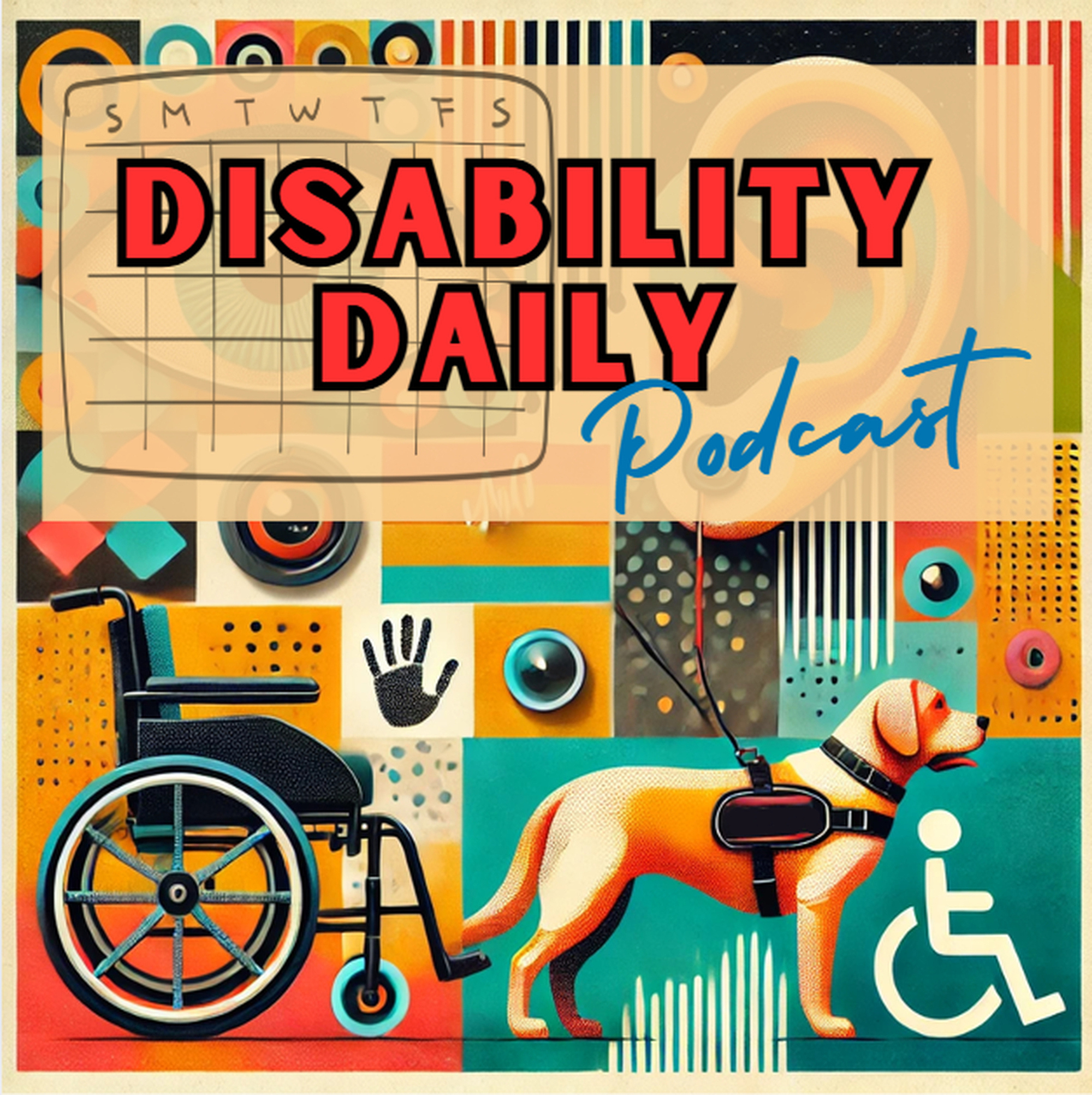
Disability Daily Podcast
Katie Healey, PhD, CPACC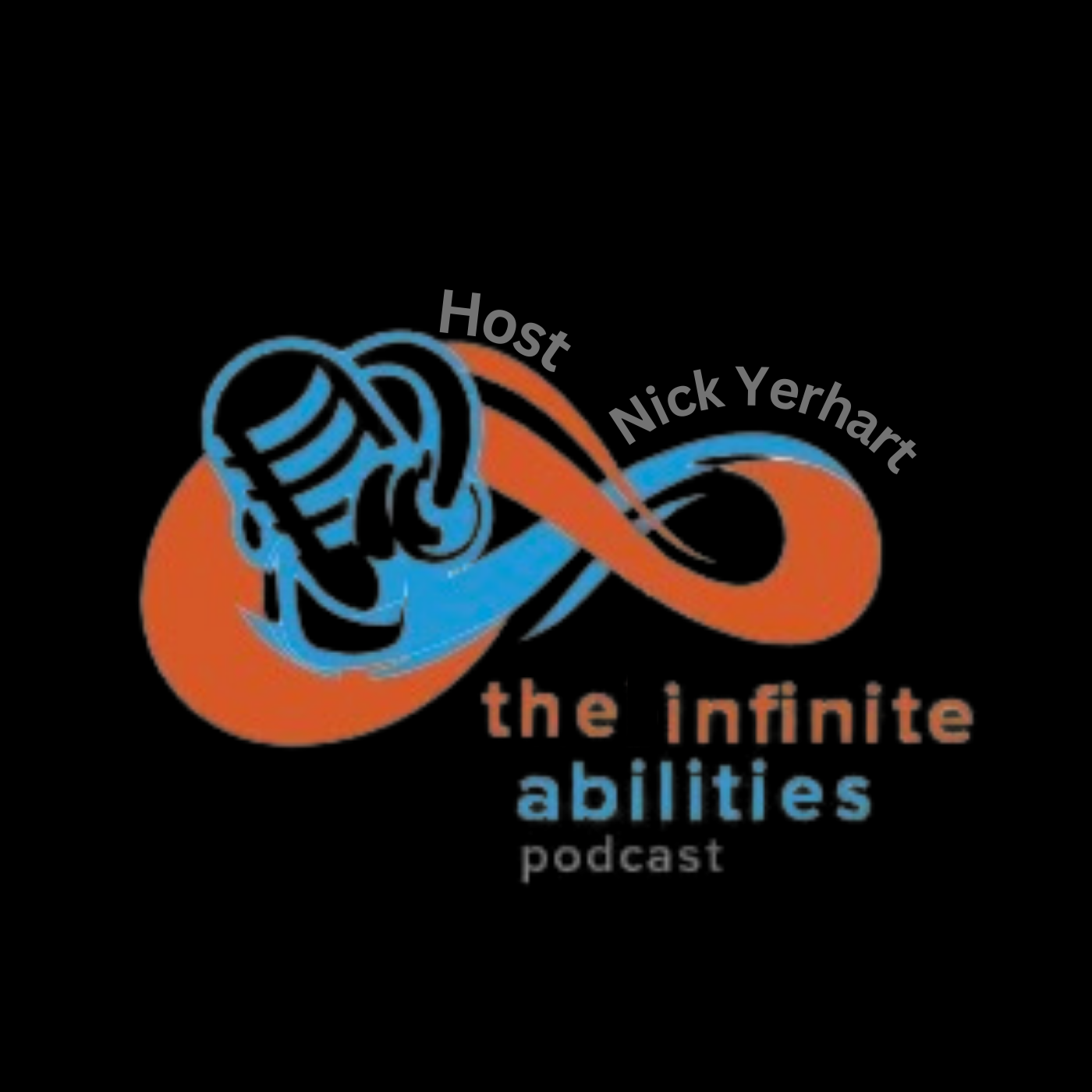
The Infinite Abilities Podcast
Nick Yerhart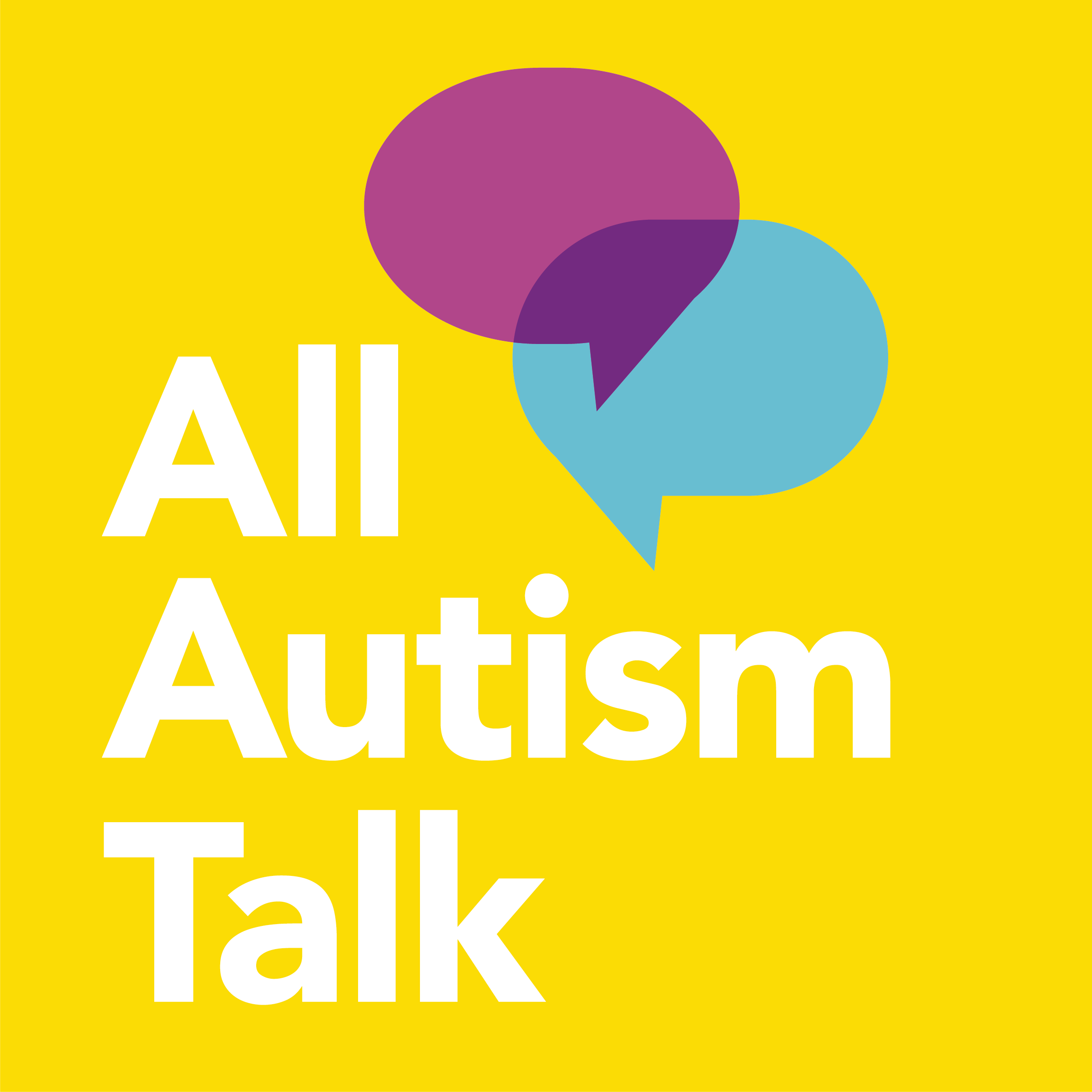
All Autism Talk
All Autism Talk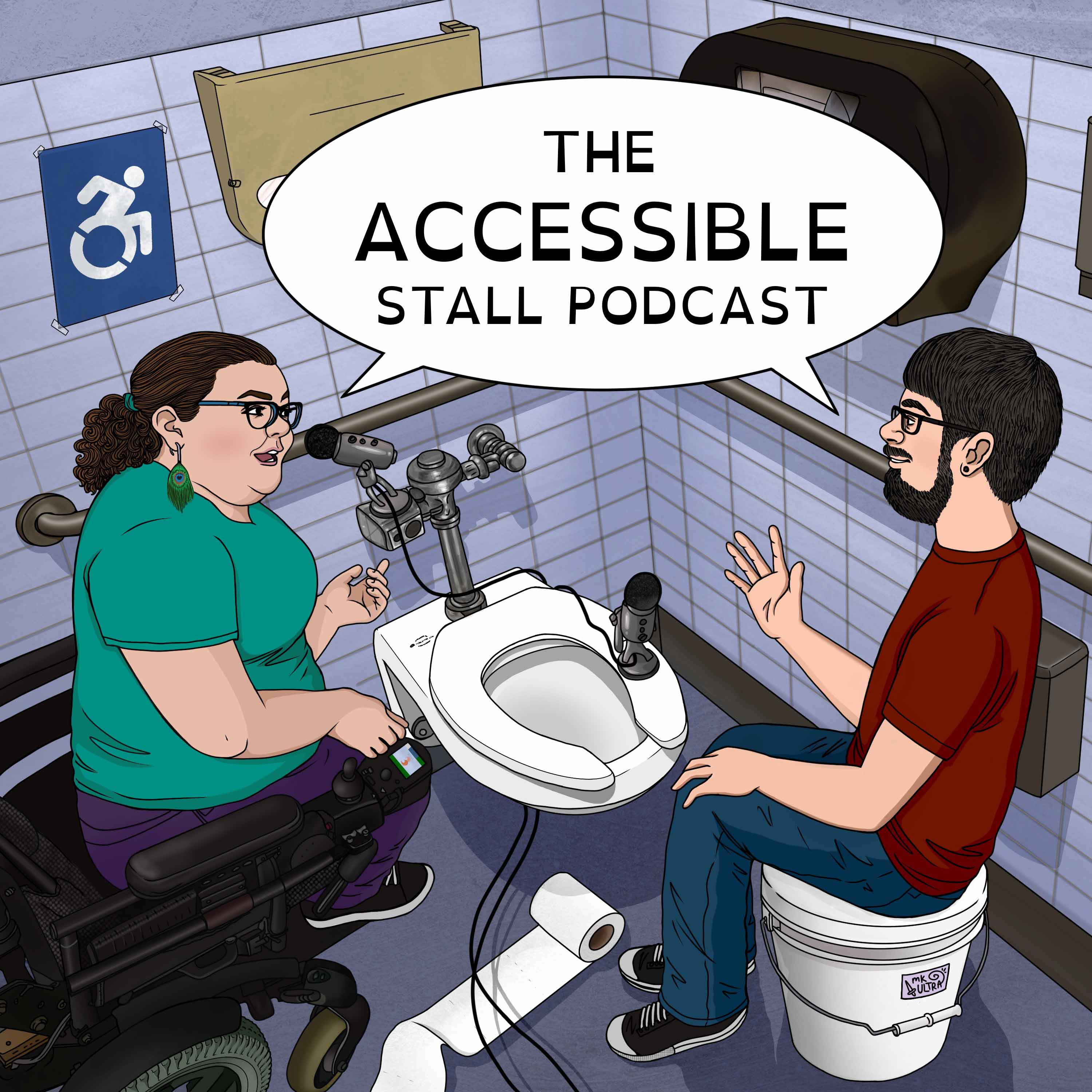
The Accessible Stall
Kyle Khachadurian and Emily Ladau
Disability Deep Dive
Disability Rights Florida
STAY Tuned: Supporting Transition-Age Youth with mental health conditions
STAY Tuned at Transitions to Adulthood Center for Research
Moms Talk Autism Podcast
Shannon Korza, Brittney Crabtree, Tash Dillmon, and Jean Mayer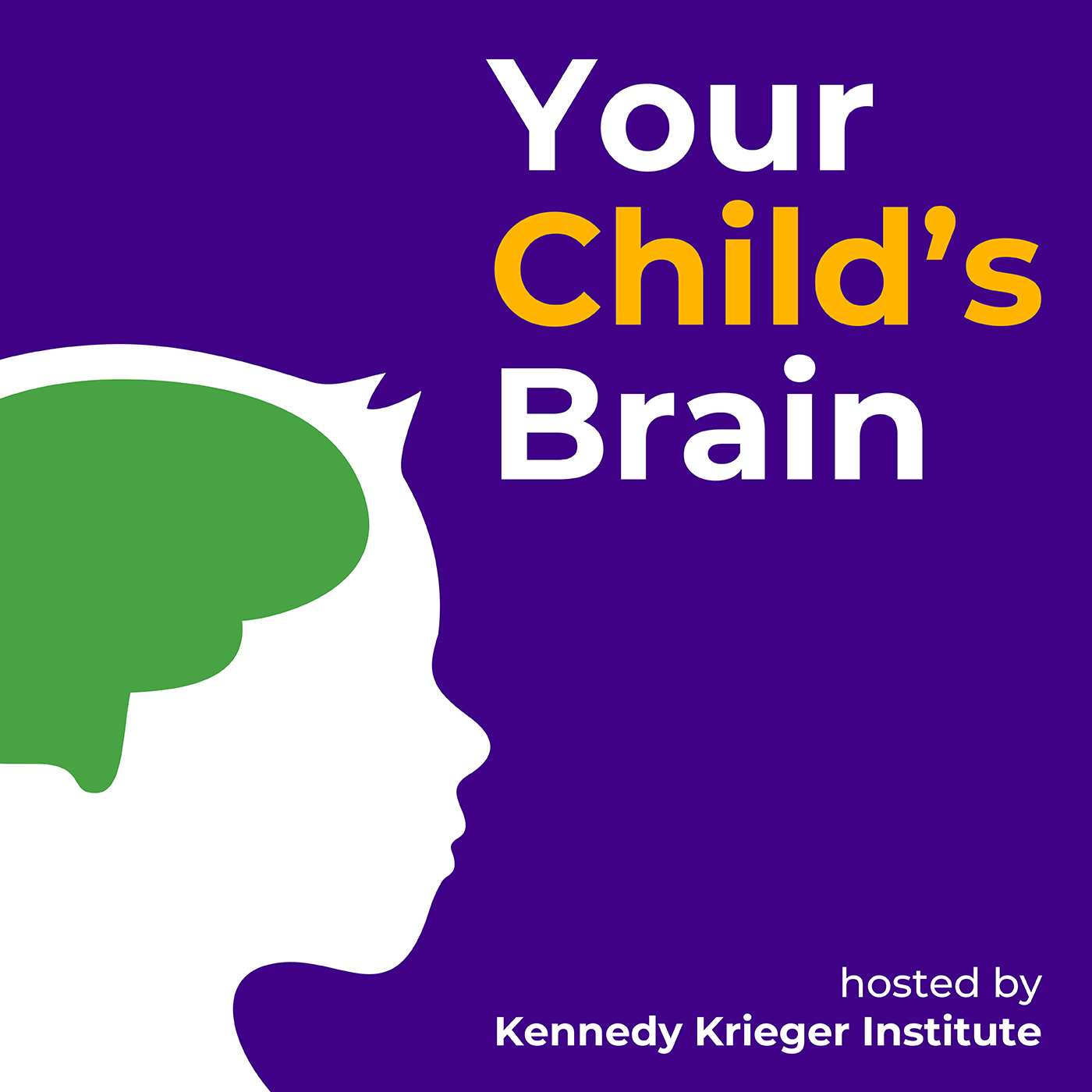
Your Child's Brain
WYPR Baltimore



